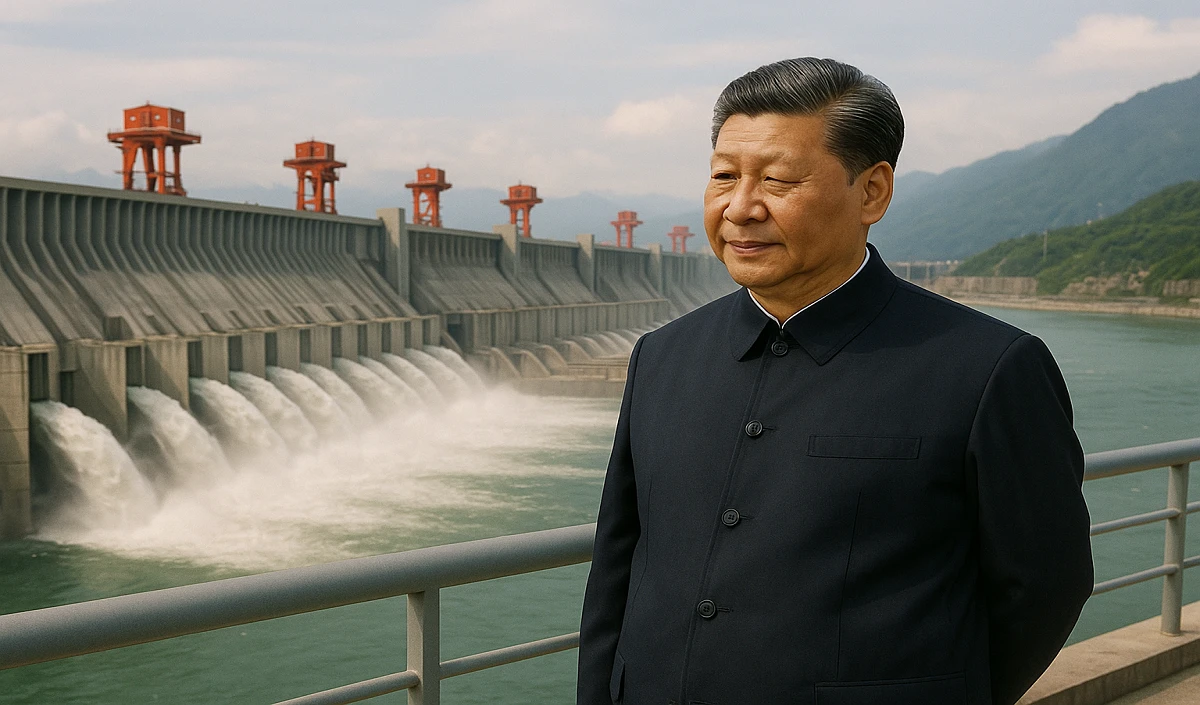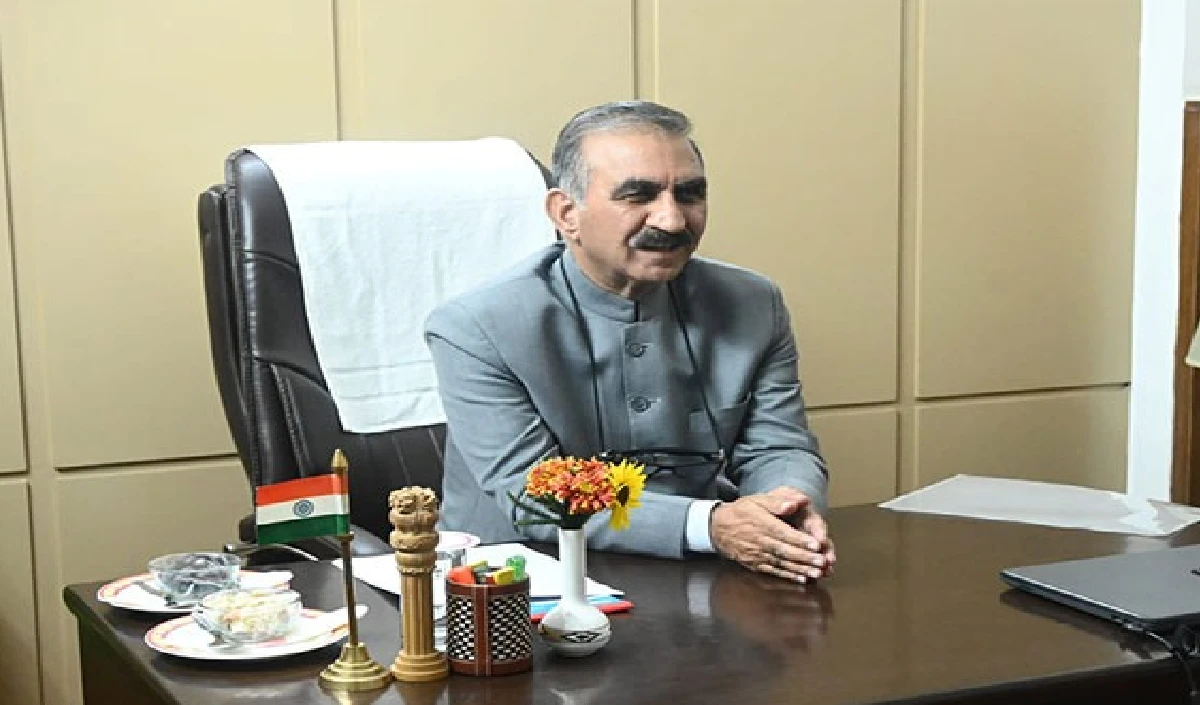A report by the International Labor Organization, ie ILO, found in the ‘heat at the workplace: security and health’ that heat is a silent killer who is becoming a threat to the health and life of workers in the world around the world. India has been facing heatwave since May. The maximum temperature in many states of North India has crossed 50 degrees Celsius. It looks as if the fire is raining! Global warming caused by human activities is increasing at a rate of 0.26 degrees Celsius per decade. In the cities, when people are doing temperatures up and down from AC’s remote, the workers are sweating while picking up the brick of the field or walls of a house.
It is not easy for workers working in this blazing, hot season from industrial, construction to restaurants and warehouses. However, the biggest crisis is for opening workers. About 90 percent of the country’s labor force is connected to the informal sector. In most cases, these workers have to work in the open amid scorching sun, rain, thunderstorms. There is neither adequate facilities nor adequate security arrangements for them. In such a situation, these farmers, workers have to be two to four with dangers to feed themselves and their family every day.
Also read: International Labor Day is the day of hard work, determination and loyalty of millions of laborers.
Think Tank Council on Energy, Environment and Water i.e. CEEW published a study in May 2025, which shows that 57 percent districts of India, which have about 76 percent of the country’s population, are currently in terrible heat.
A report called ‘Laboring Through the Climate Crimete’ has been prepared by Workers’ Collective for Climate Justice – South Asia and Greenpeace India that sheds light on concerns related to the heat of unorganized sector workers. It estimated that the increase in temperature by one degree Celsius reduces the income of laborers in the unorganized sector and the scorching heat forces them to choose from difficult options. That is, either they try to secure themselves or earn livelihood. This report also underlined that heat not only affects the livelihood but also affects the health of the workers.
According to the study conducted in 68 countries in 2022 by One Earth, the title Rising Temperator is an Erode Human Sleep, according to the people’s sleep globally affected, which showed that people are able to get less sleep due to warm temperatures. Elderly, women and people from low -income countries are the most affected by this. By 2099, the rising temperature can reduce 50–58 hours of sleep per person in a year.
Due to the heat, workers are not able to work throughout the day. People’s employment is also being affected by the ever increasing heat. ILO’s 2019 report ‘Working on a Warmer Planet – The Impact of Heat Stress on Labor Productivity and Decent Work’ warns that 5.8 percent of the working hours are expected to be reduced in 2030 due to heat stress in India. Due to its large population, the country may have to lose their jobs in 2030.
Another World Bank’s 2022 report warns that by 2030, more than 16 to 20 crore people are expected to be hit by deadly heat across India annually. Studies show that India has seen a 55 per cent increase in deaths due to scorching heat between 2000-2004 and 2017-2021. In 2021, there was a loss of 167.2 billion potential labor hours among Indians in 2021. Due to this, there has been a loss of equal income of about 5.4 percent of the country’s GDP. According to experts, the Indian cities are becoming increasingly sensitive to the turmoil caused by climate patterns, causing a great threat to the workers working in the unorganized sector.
The intervention of the National Human Rights Commission is very important in this context. The Commission has issued guidelines to the states to take immediate precautionary steps for the safety of weaker people, especially economically weaker sections, external workers, elderly, children and homeless people, which are at risk due to adequate shelter and lack of resources. The chairman of the Commission, Justice V. Ramasubrahmanyan, should take cognizance of the report of the deaths due to the scorching heat and heat by the National Crime Records Bureau, the National Crime Records Bureau.
Climate change and rising temperature is a truth that cannot be denied even after wishing today. If seen, this rising temperature is taking more tests of the working people who are forced to shed sweating under the tight sun and open sky. This has also been confirmed by the International Labor Organization (ILO) in its new report ‘Insurance Safety and Health at Work in Changing Climate’. The report says that 241 crore workers will be forced to face the scorching heat at some point during work in their lives. This means that 71 percent of the world workers are either facing heat due to rising temperature or they will have to face it during their work.
According to the NCRB report, between 2018 and 2022, 3798 people died in the country due to heat and heat. The Human Rights Commission has written in a letter issued to the states that to reduce the impact of heat and heat waves, the National Disaster Management Authority i.e. NDMA guidelines should be effectively followed, so that possible damage can be prevented.
However, for the past several years, the administration has issued some strict guidelines for employers in extreme weather conditions. For example, there has been a ban on working in the open from 12.30 pm to 4.30 pm in such a day. It is also mandatory for workers to have shady place and cold drinking water. Electricity supply in metros and big cities has improved compared to earlier, so fan is also being presented instead of working, but in the villages and towns, electricity cuts are still being made for hours, both common man and workers are upset.
According to United Nations Secretary-General Antonio Guterres, “If there is one thing that units our divided world, it is that we all feel the heat. Earth is becoming warm and more dangerous for everyone everywhere, becoming warm and more dangerous for everyone. We should face the challenge of rising temperature-and should increase security for workers based on human rights.”
-Dr. Ashish Vashistha
(Political analyst and columnist)



